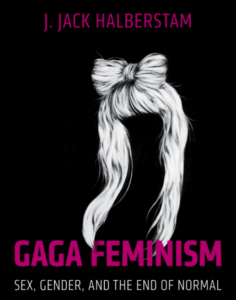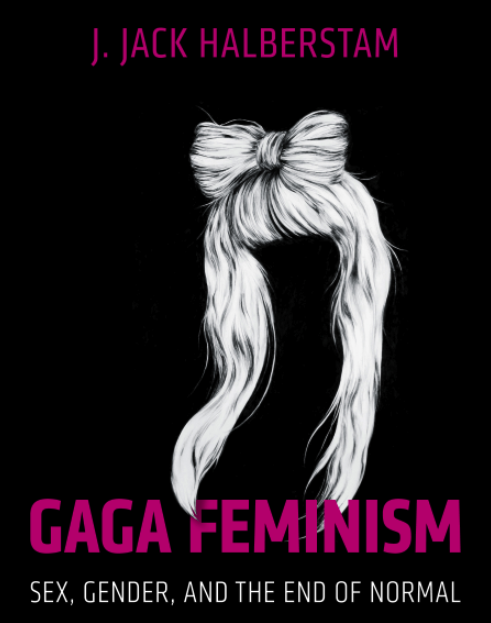 Mr. Penumbra’s 24-Hour Bookstore: A Novel
Mr. Penumbra’s 24-Hour Bookstore: A Novel
Robin Sloan | HarperCollins
4.5 / 5
SOMETIMES A REALLY original work of fiction can be hard to come by these days, and it’s tiring to be repeatedly subjected to the same tried-and-true storylines and plot tropes. To combat this, an increasing number of authors have begun to mix genres to try to create something that, while it may not be completely new, feels fresh and unique. Author Robin Sloan manages to do this brilliantly with his debut novel Mr. Penumbra’s 24-Hour Bookstore.
The novel follows Clay Jannon, who loses his job as a web designer when the company he works for goes under. He ends up taking the only job he can find: working the overnight shift at a 24-hour bookstore. Jannon immediately suspects that something is amiss, since the store rarely gets customers; and when they do come in, they’re only there to read special books that cannot be taken out of the store—books that the store’s enigmatic owner, Mr. Penumbra, has even barred Jannon from reading.
The book has elements of mystery, adventure, and fantasy, all while being cleverly disguised as a commentary on the co-existence of old and new technology in the modern world. Mr. Penumbra is a rare find, as the answers to its mysteries are actually worth the wait—Sloan’s explanations are fascinating and fresh. All of the secondary characters are amusing and well developed, and the book’s length feels just right, so it never becomes stale. Overall, the book is highly recommended for readers who are looking for something new.
—Max Szyc
 Gaga Feminism: Sex, Gender, and the End of Normal
Gaga Feminism: Sex, Gender, and the End of Normal
J. Jack Halberstam | Beacon Press
2 / 5
IF YOU CATCH the title of this book and think, hmm, this could be interesting, you’re wrong. J. Jack Halberstam, a professor of American studies and Ethnicity, Gender Studies, and Comparative Literature at the University of Southern California, explores the ways in which social movements, and the lesbian, gay, bisexual, and transgender community in particular, can learn from Lady Gaga. She writes, “Gaga feminism is impolite, abrupt, abrasive, and bold. To be a feminist, you have to go gaga!”
In short, although Halberstam makes some interesting points, some of which certainly have merit both socially and academically, she basically calls out straight monogamist relationships as being weird and wrong. She speaks about religion and even Finding Nemo, and points to the alleged sexualized subliminal messages found in anything and everything.
Halberstam’s more valid points are so few and far between in what seems to be an attack on every level of society that the reader is left to wonder what she actually hopes to achieve with this book. It’s enlightening, sure—and maybe I just didn’t get it—but there was little to no course of action suggested beyond storming the streets, being intentionally unpleasant for the sake of it, and simply demanding the end of “normal.”
—Spencer Van Dyk



